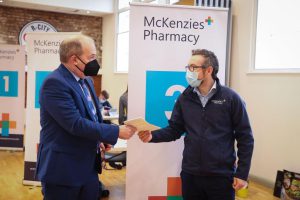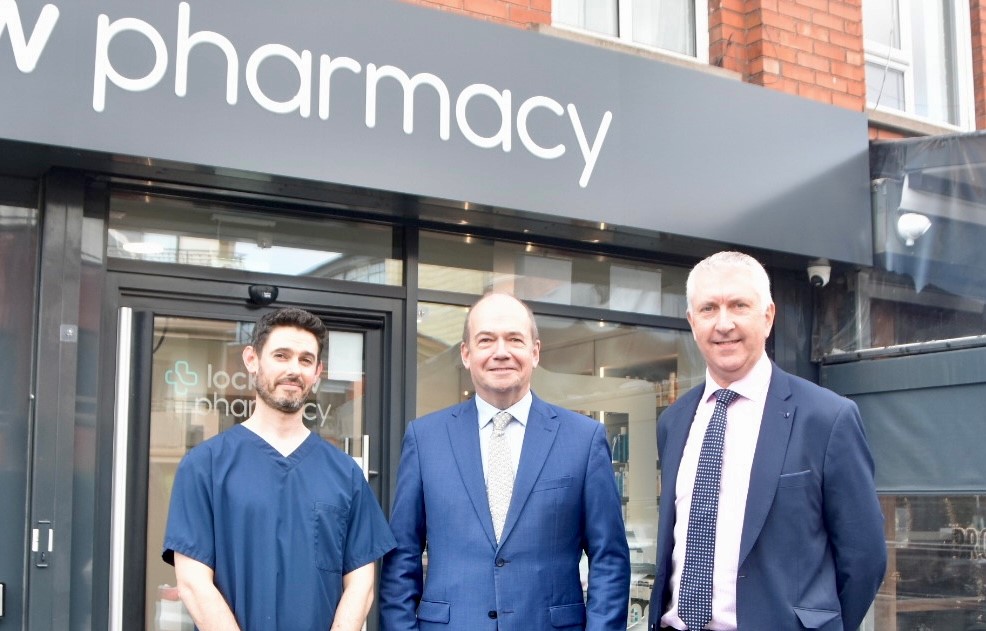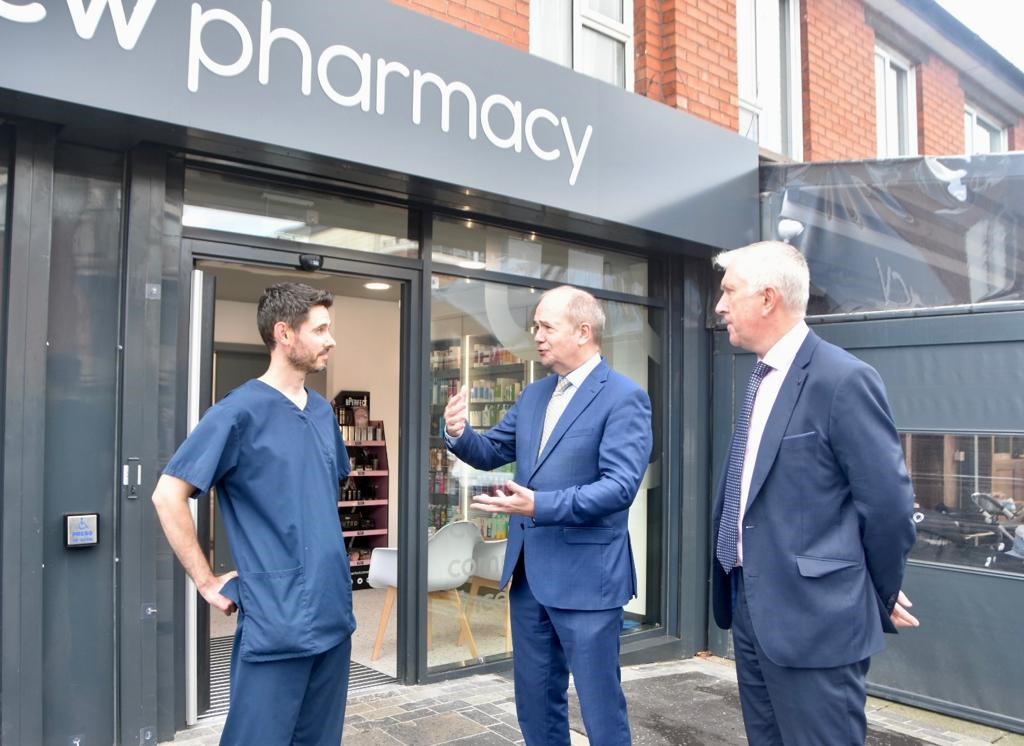
Chief Medical Officer Professor Sir Michael McBride is vaccinated at a walk-in Covid-19 clinic

Don’t miss out on your winter health protection.
That’s the appeal from Northern Ireland’s Chief Medical Officer to everyone eligible for COVID-19 booster and flu vaccination.
Professor Sir Michael McBride said: “While the threat from COVID-19 has significantly reduced since the height of the pandemic, it is still very capable of causing serious ill health and in some cases death. The same goes for flu.
“That’s why I am again strongly encouraging everyone who is eligible for these jabs to not miss out. Vaccination will give you added protection over winter, when there is invariably a heightened risk from both viruses.”
The Chief Medical Officer added that getting vaccinated is also “an act of solidarity” with our health and social care system and its staff.
“We know that winter will once again be an extremely pressurised time for health and social care services right across these islands.
“Flu and COVID-19 cases will contribute to those pressures. Vaccination is a practical step members of the public can take to support health and social care services. It can help suppress infection rates, freeing up resources to treat other patients. It will help us help you in providing the care you need. Vaccination is a win win for you and our health service.”
The Public Health Agency brought forward the planned start date of this year’s autumn flu and COVID-19 vaccination programmes. This was a precautionary measure following the identification of a new COVID-19 variant.
Advice from the UK Health Security Agency (UKHSA) indicates that starting the autumn vaccine programme sooner will deliver greater protection, supporting those at greatest risk of severe illness and reducing the potential impact on our health and social care system.
An early priority of the vaccination programme will be care homes across Northern Ireland.

The vaccination programme is a major concerted effort across the health and social care system. Community pharmacists are taking the lead on care home vaccinations, while GPs will be inviting their eligible patients to come forward for their jabs. Patients do not have to contact their GP practices but should wait to be invited – or attend a participating community pharmacy.
The Chief Executive of Community Pharmacy NI, Gerard Greene, said: “Community pharmacists are playing a key role in the vaccination programme offering those eligible the option to receive their vaccines close to home and at a time that suits. If you are eligible for a vaccine, you don’t have to wait, contact your local community pharmacy today to get your vaccine and protect yourself and your loved ones this winter.”
The COVID-19 booster vaccine is being offered to the following cohorts, in line with JCVI guidance:
Those eligible for flu vaccine in NI in 2023/24 are: